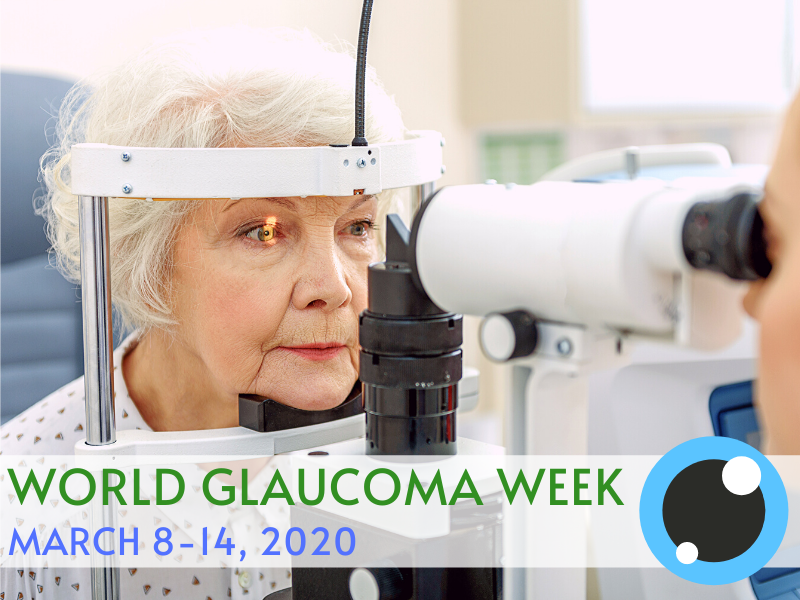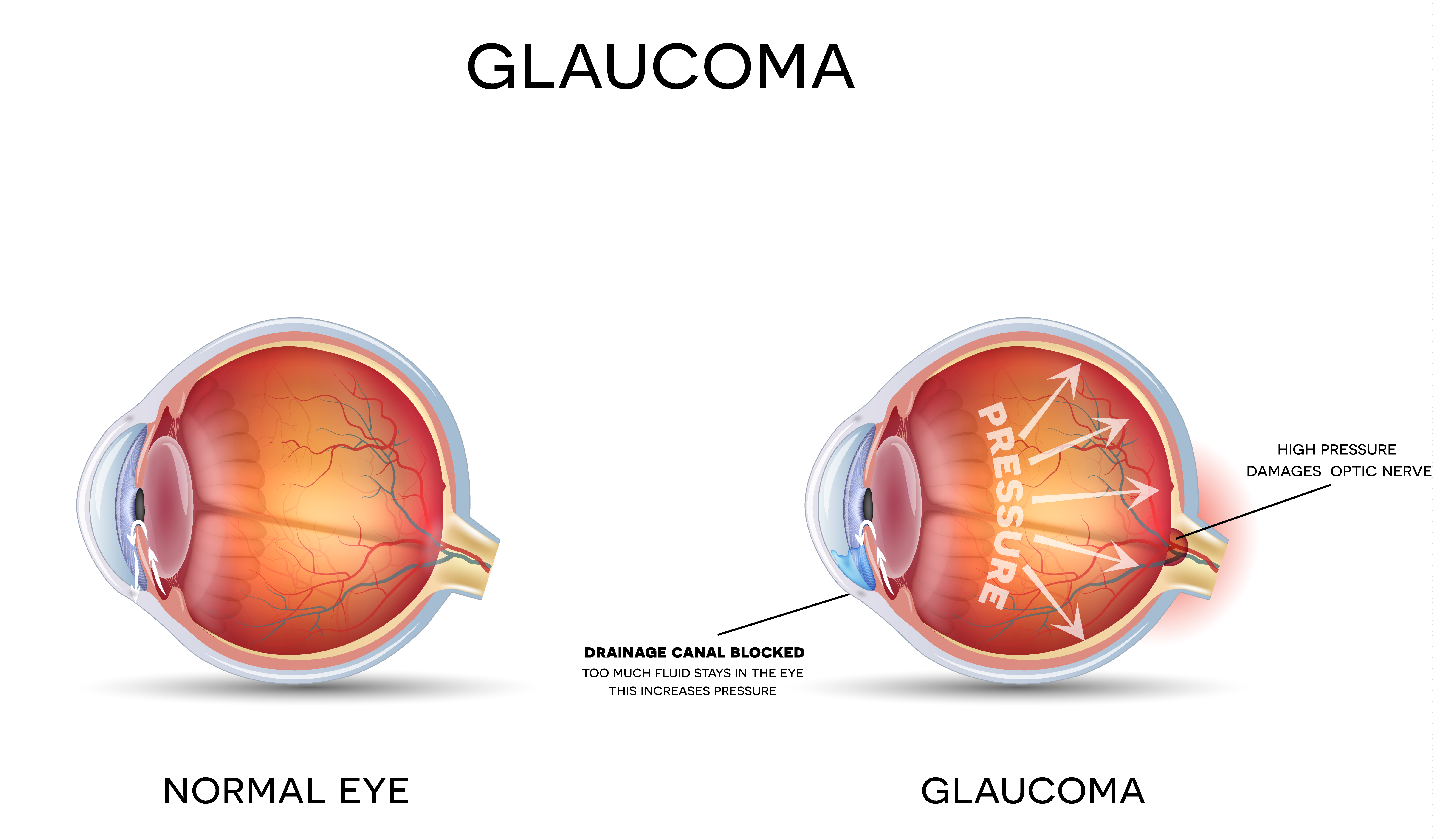World Glaucoma Week: how to live with glaucoma
Mar 08, 2020 in Eye Care

We’ve all heard of it, but what exactly is glaucoma? To mark World Glaucoma Week, we focus on the symptoms and treatments of a condition that could lead to blindness if left untreated.
Glaucoma is the second most common cause of blindness worldwide – around 4.5 million people are blind due to glaucoma, and this is set to rise to 11.2 million by 2022. That’s why World Glaucoma Week (8-14 March) is here to raise awareness of a condition that can be easily treated.
What is glaucoma?
The term glaucoma actually covers a group of eye diseases that all cause progressive damage to the nerves in the eye. The most common type of glaucoma is associated with an increased pressure in the eye. Nerve damage in glaucoma eventually leads to a loss in field (peripheral) vision. If left untreated it’s common for the condition to deteriorate, which can ultimately lead to complete loss of sight.
Although glaucoma is a disease most associated with ageing, it can occur at birth (congenital glaucoma) or be present in small children (juvenile glaucoma). However, it tends to affect people over the age of 40.
Other risk factors include ethnicity (if you’re of African, Caribbean or Asian origin), family history, and certain medical conditions such as myopia and diabetes.

Glaucoma symptoms
The vast majority of glaucomas are completely asymptomatic (you would never guess there was a problem), however, an optometrist will be able to detect if you have glaucoma in a routine eye examination.
Less common types of glaucoma do have symptoms which may include:
- Blurred vision
- Rings or halos around lights
- Intense eye pain
- Nausea and vomiting
- Red eyes
- Headaches
- Tenderness around the eyes
The most common forms of glaucoma develop slowly over many years and are symptom-free. But if you develop any of these symptoms suddenly, visit your local Leightons Opticians & Hearing Care branch, or if out of hours attend the A&E department and get yourself checked out as soon as possible.
Living with glaucoma
Glaucoma is diagnosed with an ophthalmologist, and when you first receive a glaucoma diagnosis, it’s common to have your eye pressure regularly checked.
It’s important for your family and friends to understand your condition too, especially as some types of glaucoma are hereditary. Also, if you have siblings or children over the age of 40 - they become eligible for NHS eye examinations.

Glaucoma treatment
The treatment you’ll receive largely depends on the type of glaucoma and how advanced it is. It’s a serious condition, but there are treatments available to slow down further deterioration and prevent blindness if caught early. Unfortunately, it’s not possible to reverse any loss of vision already caused by glaucoma.
Eye drops are often prescribed to reduce pressure in the eye, and laser surgery treatment can be used to unblock drainage channels and reduce the build-up of fluid. There are also newer treatments available with private ophthalmologists.
Book an eye examination today
As glaucoma tends to be symptom-free, routine eye examinations are crucial for early diagnosis. If you have any worries about your sight, or are overdue an eye examination, call our team on 0800 40 20 20. You can also pop into your nearest Leightons branch, or book your eye examination online.

